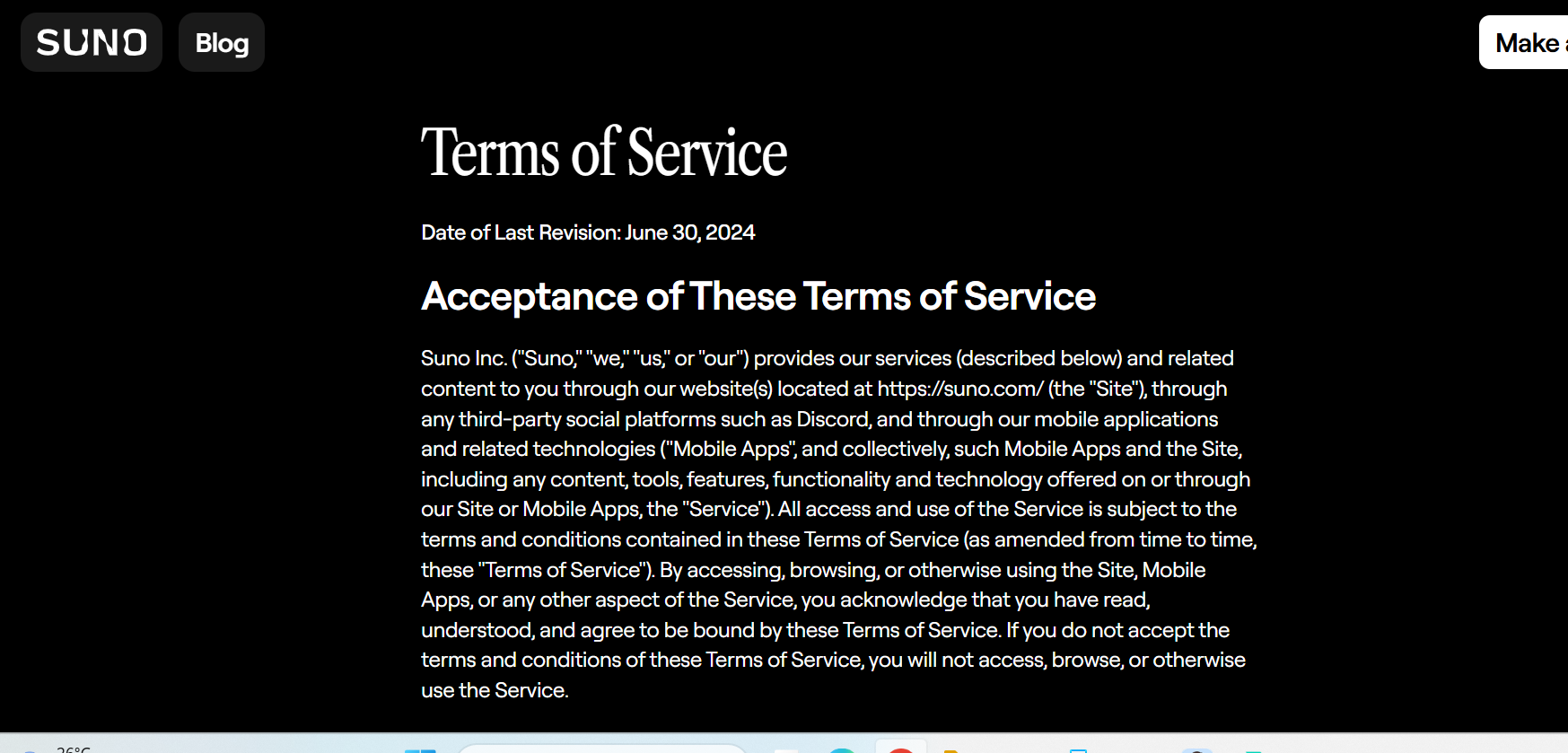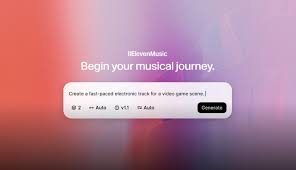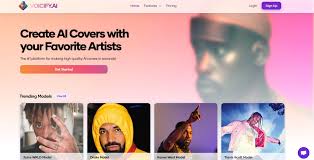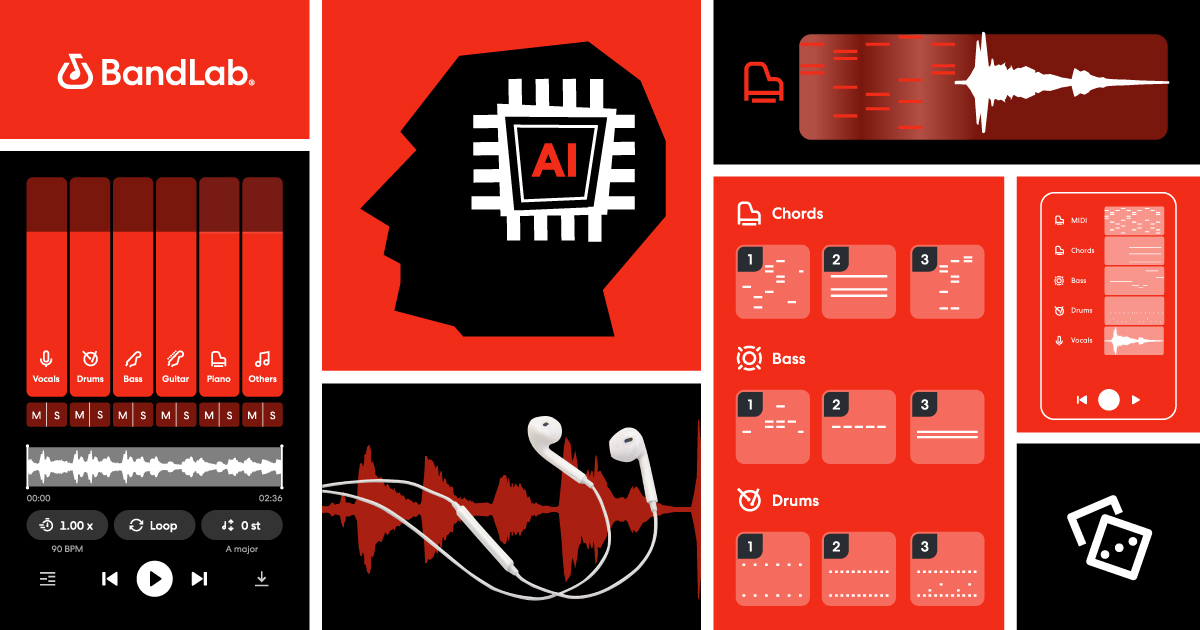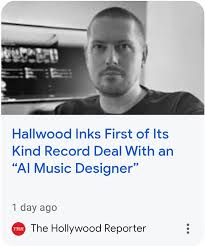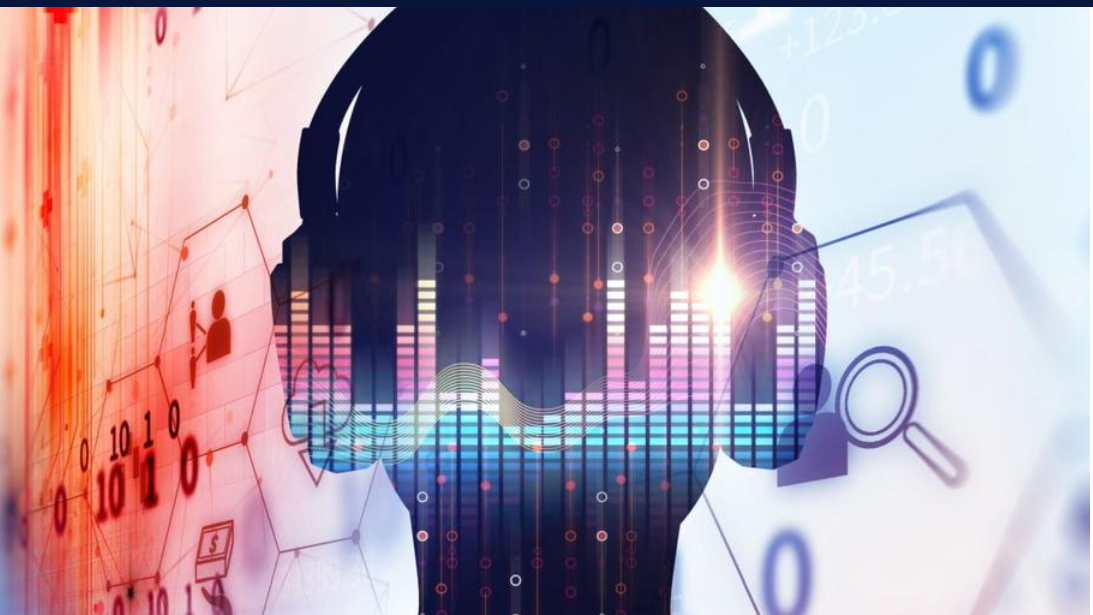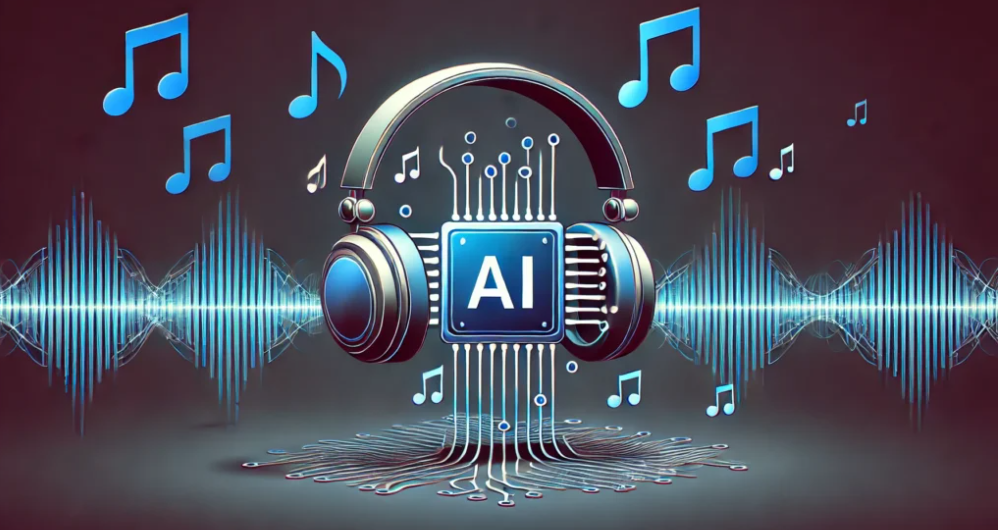?? Introduction: The Clash Between AI Innovation and Copyright Law
As AI-generated music tools skyrocket in popularity, so do the legal battles surrounding them. The latest controversy? A high-profile Suno AI lawsuit filed by music rights holders, alleging that the popular AI music generator has violated copyright law.
This case may define the future of how AI music is created, used, and monetized.
In this post, we’ll break down the lawsuit, explore the claims and defenses, and examine its broader impact on the AI music industry.
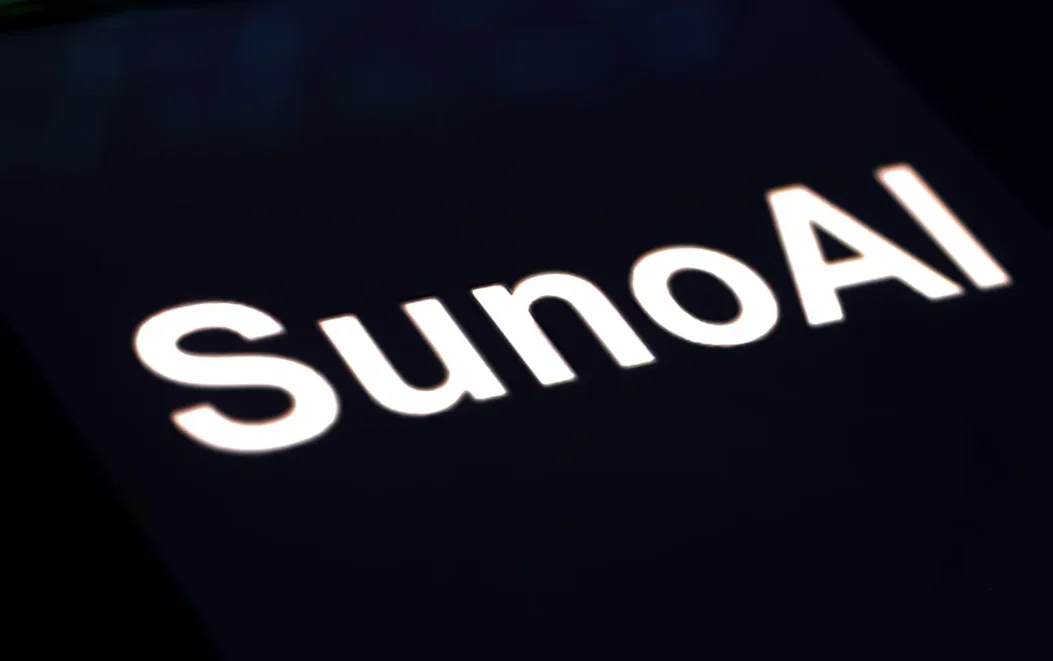
?? What Is the Suno AI Lawsuit About?
Suno AI, a fast-growing generative music startup, allows users to create original tracks from simple text prompts. The tool has gained traction among musicians, marketers, and content creators.
But now, it’s under legal fire.
?? The Allegations
A coalition of major music publishers and artists alleges that:
Suno AI trained its model on copyrighted songs without permission.
The tool’s output sometimes mimics existing melodies or styles too closely.
The company has not disclosed its training data sources, raising transparency issues.
These claims echo similar lawsuits filed against AI image and text tools in the past year.
?? Real Case Study: Alleged Song Similarity
In one striking example cited in the lawsuit, a user allegedly generated a song on Suno AI that resembled “Blinding Lights” by The Weeknd in structure and melody.
?? Forensic music analysts pointed out overlapping chord progressions and vocal patterns.
Although Suno AI maintains that all outputs are original compositions, the plaintiffs argue that the resemblance is too close to be coincidental — especially if the original track was part of the training data.
?? Why This Lawsuit Matters
The Suno AI lawsuit isn’t just a corporate battle. It raises critical questions for the entire industry:
| Concern | Why It Matters |
|---|---|
| Training Data | If AI models are trained on copyrighted music, do they violate fair use or ownership rights? |
| Originality | Are AI-generated songs truly “new,” or just re-assemblies of protected works? |
| Liability | Who’s responsible if AI-generated content violates copyright — the developer or the user? |
?? Suno AI’s Response
Suno AI has publicly denied wrongdoing, stating:
“We are committed to respecting artists’ rights. Our system is designed to create original content and not reproduce existing works.”
Their defense likely hinges on proving:
Non-infringement: Their outputs are transformative and do not constitute “substantial similarity.”
Fair use: If copyrighted songs were used, they were essential for innovation and research.
?? Impact on AI Music Creators and Platforms
If the lawsuit goes against Suno AI, we could see:
? Stricter data licensing requirements
? Mandatory disclosure of training datasets
? Legal frameworks specific to generative music
For creators, this may mean:
Paying for access to “cleared” AI music models
Restrictions on commercial use of AI-generated tracks
Higher demand for “ethically trained” platforms
? FAQ
Q: Is using AI-generated music legal?
A: Generally, yes — but only if the model doesn’t infringe on copyrighted training data. Legal use depends on how the AI was trained.
Q: Will this lawsuit shut down Suno AI?
A: Unlikely in the short term. However, if the plaintiffs win, Suno may face penalties, licensing changes, or model revisions.
Q: Can I still use Suno AI safely?
A: Yes, but exercise caution if using tracks commercially. Monitor updates from the company and stay informed on the case.
Q: What if I unknowingly generate a “copy” of a famous song?
A: You could still face takedowns or legal issues, especially on commercial platforms like YouTube or Spotify.
?? Conclusion: A Turning Point for AI Music
The Suno AI lawsuit signals a pivotal moment in the intersection of copyright law and generative AI. Whether you’re an artist, developer, or casual user, understanding this case is crucial to navigating the rapidly evolving world of AI music.
?? As the legal dust settles, one thing is clear: the future of music will be shaped not just by algorithms, but by accountability.

